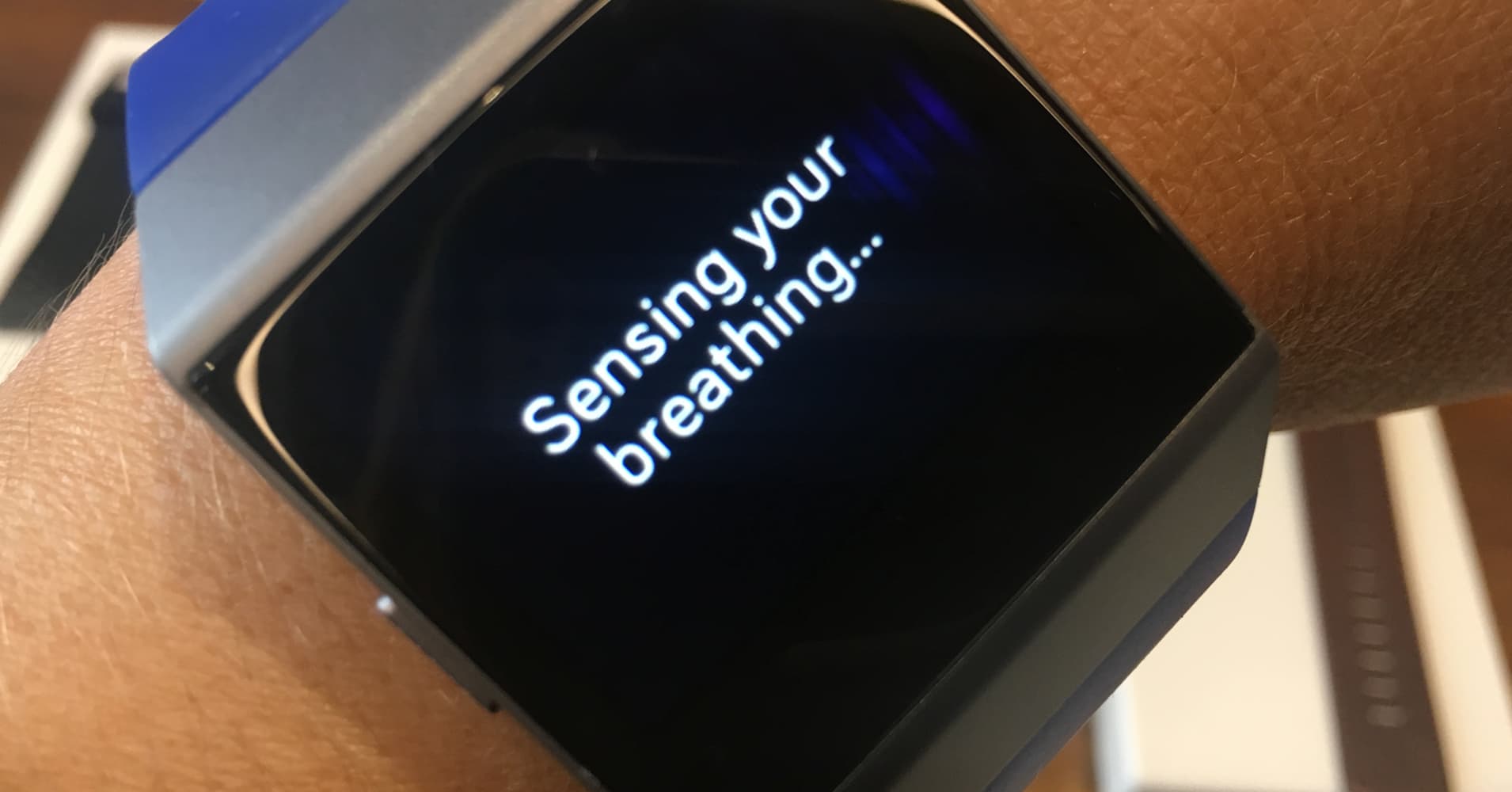
Swiss start-up Magnes Sports also claims a first when it comes to sport-specific wearables.
George Chatzipirpiridis, Magnes Sports’ chief technology officer, said that his company’s device is the first wearable to measure power generated by the cyclist.
“Many cycling enthusiasts own several bikes — some of these have power meters attached to them. We are offering a solution which is not attached — it’s a wearable, so you can use it to compare your performance on different bikes,” he said.
Magnes’ solution, a cleat with a built-in sensor that can be attached to any cycling shoe, is also different from activity trackers as it directly measures the power and force generated by the cyclist. Activity trackers estimate the power generated through position and acceleration data.
The cleat will also soon come with a machine-learning algorithm which the founders liken to a built-in coach.
Both startups, which were exhibiting at the Slush technology conference in Singapore last week, will be hoping to replicate the success of fellow Slush alumnus Beddit.
Beddit, a startup producing a sensor which tracks sleeping patterns, announced that it had been acquired by Apple in May. The tech giant has been growing its wearables business, posting a nearly 50 per cent growth in market share for the second quarter of this year.
Market research firm International Data Corp. also forecast that the wearables market will continue to make double-digit gains through 2021.
“Fitbit is just the beginning. With sports-specific trackers, more and more people can use it, train with it and share their data with others. It’s a super hot industry right now,” Chatzipirpiridis said.
Source: cnbc china
Wearables for fighters and cyclists: Welcome to the future of fitness trackers